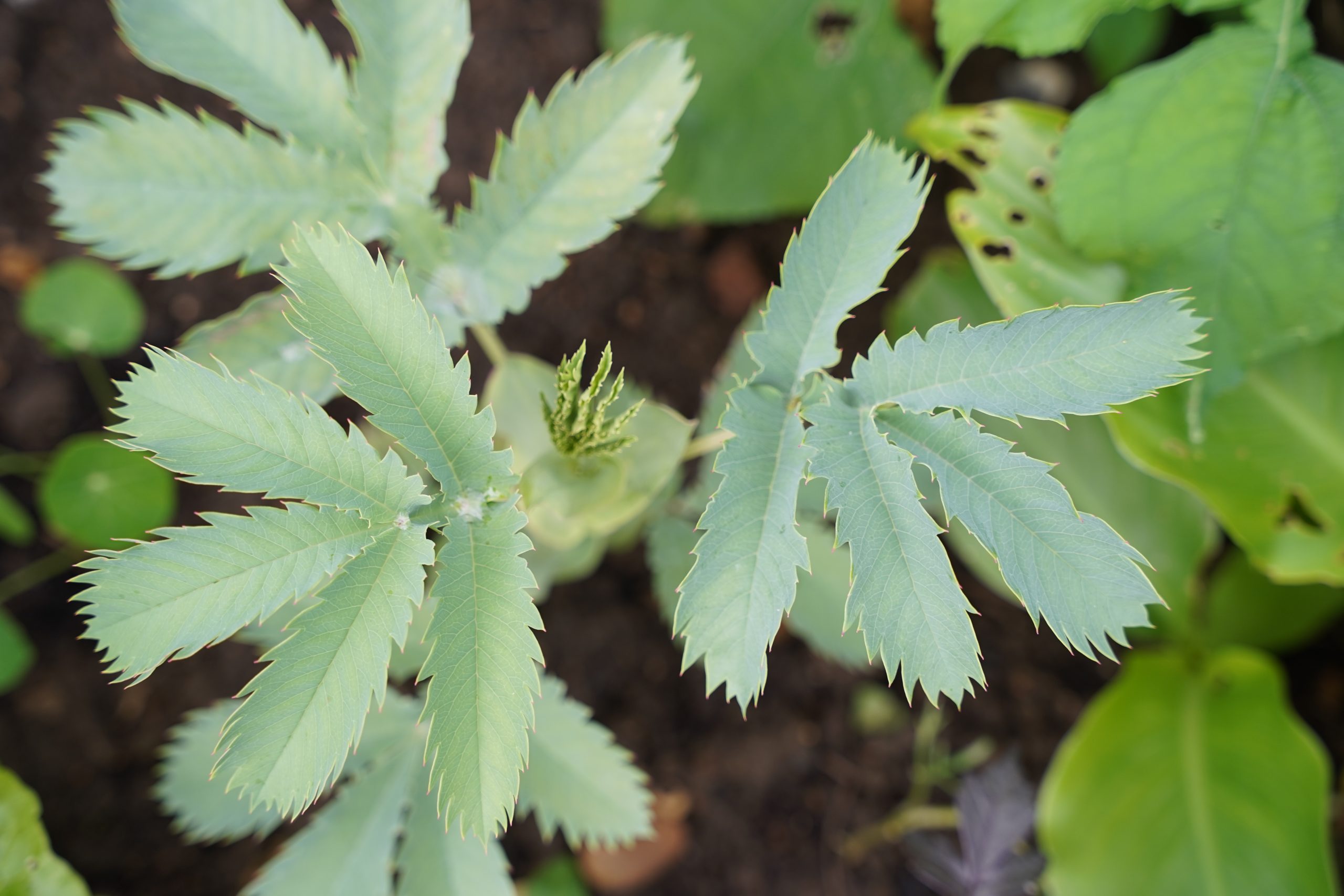Melianthus major, commonly known as honey bush or giant honey flower, is an unusual and attractive perennial plant native to South Africa. It has unique blue-green foliage and produces interesting reddish-brown flowers. Here’s a guide on how to grow Melianthus major:
- Climate and Location:
- Melianthus major prefers a Mediterranean or subtropical climate but can be grown in temperate regions with protection from frost and cold temperatures.
- Choose a location with full to partial sun. It can tolerate some shade, but the foliage color may not be as vibrant.
- Soil:
- The plant thrives in well-draining soil that is rich in organic matter.
- Soil pH should be slightly acidic to neutral.
- Propagation:
- Melianthus major can be propagated from seeds or cuttings.
- If using seeds, sow them in pots or trays in spring. Keep them in a warm and bright location until they germinate. Once the seedlings are large enough to handle, transplant them into individual pots and later into their final location.
- Planting:
- Plant the young Melianthus major plants in the prepared garden bed or container once the risk of frost has passed in spring.
- Space the plants about 2 to 3 feet (60-90 cm) apart to allow for their eventual size.
- Watering:
- While the plant is establishing itself, provide regular water to keep the soil consistently moist but not waterlogged.
- Once established, Melianthus major is somewhat drought-tolerant and can withstand periods of dryness.
- Mulching:
- Apply a layer of organic mulch around the plant to retain moisture, suppress weeds, and protect the roots from extreme temperatures.
- Fertilizing:
- Melianthus major appreciates regular feeding with a balanced, slow-release fertilizer during the growing season (spring to summer).
- Pruning:
- Pruning is generally not necessary for Melianthus major, but you can remove any dead or damaged growth to maintain the plant’s appearance.
- If the plant becomes too large for the available space, you can cut back the entire plant in late winter or early spring to promote fresh growth.
- Protection from Frost:
- In regions where frost occurs, consider providing winter protection by mulching heavily around the base of the plant or covering it with a frost cloth during cold spells.
- Pests and Diseases:
- Melianthus major is relatively pest and disease resistant but can occasionally be affected by aphids or snails. Keep an eye out for any issues and address them promptly.
With proper care and attention, Melianthus major can become a stunning focal point in your garden, adding an exotic touch with its unique foliage and flowers.

